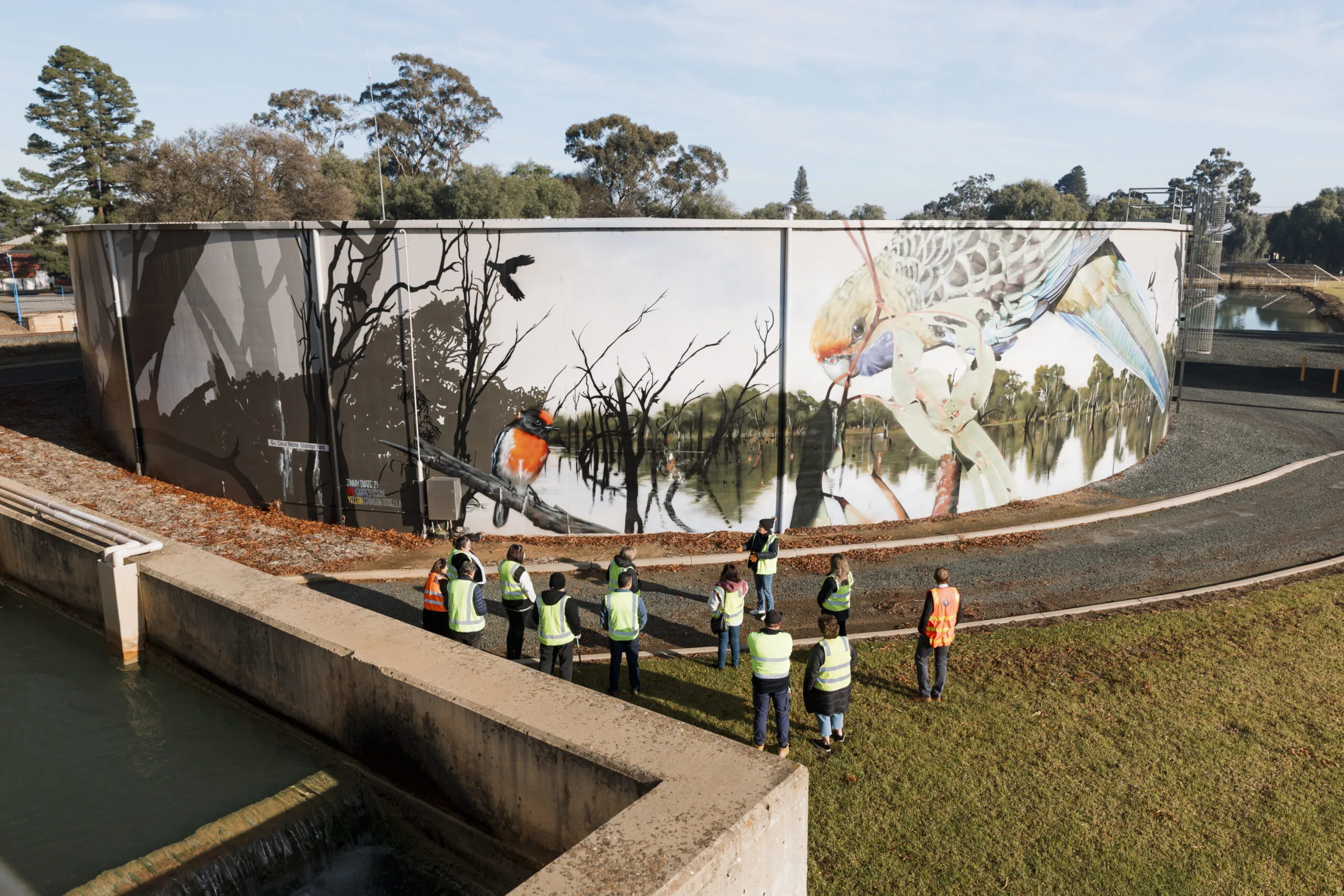
Utilities tend to be natural monopolies. In Australia, there is a complex, multi-tiered system of ownership structures and regulators that govern them.
In energy, the value chain is mostly disaggregated, i.e. it is possible that one company has produced the energy, a second one has transmitted it over long distances, a third has delivered it to your home, and a fourth sends you the bill. In most cases the transmitters and distributors are privately owned.
In water, the value chains are more likely to be integrated, with the exceptions of WaterNSW, Seqwater, Melbourne Water, and to a lesser extent, Goulburn-Murray Water and Southern Rural Water. The organisations all operate dams and sell the “bulk” water to retailers. Some of them also sell water to agriculture. The only privately owned water utility in Australia is the Sydney Desalination Plant, which is regulated under the same three Cs framework as its publicly owned counterparts.
The regulatory frameworks in the different states use a building block approach, usually with a base-step-trend mechanism. By adding up what the corporation needs to run in the categories of Return on Capital, Return of Capital (Depreciation), Opex and tax, the coporation can demonstrate what it needs to recover from customers. A tariff structure determines how much of the total burden each customer is responsible for.
The ESC and IPART add an incentive mechanism to this mix, but in both cases the base, step, trend approach has the effect of smoothing price paths. As regulatory frameworks have evolved from an engineering focus through economic efficiency toward a more customer-centric lens, companies like Tingwall have become more relevant and important.
Tingwall has been the lead engagement partner on 19 price submissions and has provided various levels of service and involvement on dozens more. Through our work with the Water Services Association of Australia, the Essential Services Commission, and IPART, we have also played a role in bringing the national industry together and making customer perceptions a more central consideration in the sector.
Tingwall helps utilities engage employees, customers, and stakeholders, and turn those insights into stronger performance and improved legitimacy. We design and deliver engagement programs including:
Our work is supported by enduring partnerships, industry knowledge, and facilitators with experience in highly regulated contexts.
We partner with executives, engagement teams, regulatory managers, customer insights teams, HR leaders, and government relations managers. We are your trusted partner during price submissions, strategy reviews, workforce change, or when community trust is under strain.

